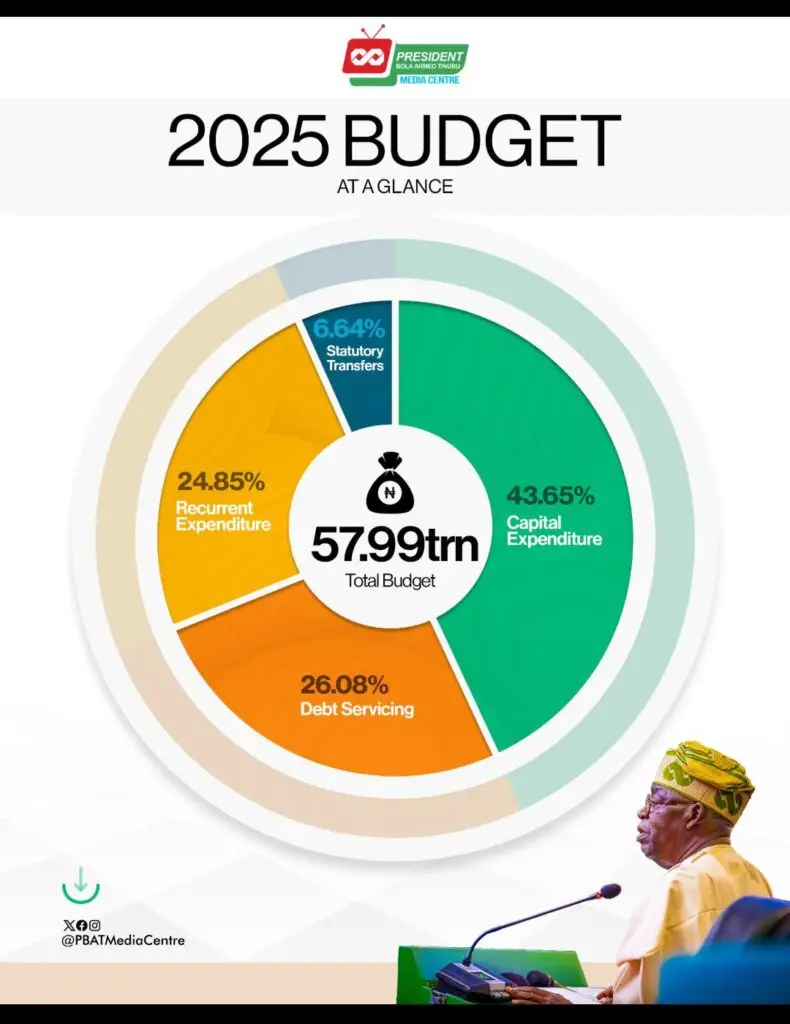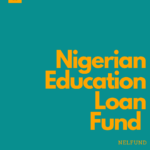According to BudgIT Nigeria: “@BudgITng Uncovers 11,122 Projects Worth N6.93 Trillion Inserted by National Assembly in 2025 FG Budget.
“We have combed through the 2025 FG Budget, and you will be shocked at what we found.
“@nassnigeria inserted 11,122 PROJECTS worth N6.93 TRILLION into the Budget!”
Via a press statement, BudgIT Nigeria revealed: “984 projects worth N1.71 trillion and 1,119 projects within the range of N500 million to N1 billion, totaling N641.38 billion, were indiscriminately inserted.”
BudgIT Nigeria (X/@BudgITNg) Full Press Statement
Our analysis reveals that 238 projects valued above N5 billion each, with a cumulative value of N2.29 trillion, were inserted with little to no justification.
984 projects worth N1.71 trillion and 1,119 projects within the range of N500 million to N1 billion, totaling N641.38 billion, were indiscriminately inserted.
A closer look shows that 3,573 projects worth N653.19 billion are assigned directly to federal constituencies and 1,972 projects worth N444.04 billion to senatorial districts.
Some of the most glaring anomalies include:
1,477 streetlight projects worth N393.29 billion
538 boreholes totalling N114.53 billion
2,122 ICT projects valued at N505.79 billion;
N6.74 billion earmarked for “empowerment of traditional rulers”
Shockingly, 39% of all insertions—4,371 projects worth N1.72 trillion—were forced into the Ministry of Agriculture’s budget, inflating its capital allocation from N242.5 billion to N1.95 trillion. The Ministries of Science and Technology and @PlanningNG also saw bloated allocations of N994.98 billion and N1.1 trillion, respectively, from insertions alone.
Even more concerning is the targeted misuse of agencies like the Nigerian Building and Road Research Institute (Lagos) @NBRRI_official and the Federal Cooperative College, Oji River, @fedccojiriver as dumping grounds for politically motivated projects. These agencies lack the technical capacity to execute such projects, leading to rampant underperformance and waste.
For example, the Federal Cooperative College, Oji River—a training institution—was saddled with:
N3 billion for utility vehicles to support farmers and distribution agents
N1.5 billion for rural electrification in Rivers State
N1 billion for solar streetlights in Enugu State.
These are examples of agencies operating outside their mandates, managing projects unrelated to their statutory functions, and adding zero value to national development.
We call on President @officialABAT to exercise stronger executive leadership and reform the budgeting process to ensure alignment with the Medium-Term National Development Plan (2021–2025) and other national priorities.
We urge the Attorney General of the Federation and Minister of Justice to seek a constitutional interpretation from the Supreme Court regarding the extent of the National Assembly’s appropriation powers, particularly its authority to unilaterally introduce new capital projects without Executive concurrence.
We hope that the anticorruption agencies, @officialEFCC and @icpcnigeria, will also take action to track these projects and ensure Nigeria gets value for money.
We also call on citizens, the media, civil society organisations, and the development community to speak out and demand reform. This is not merely about financial mismanagement—it is a matter of justice, equity, and the future of accountable governance in Nigeria.



